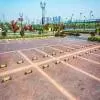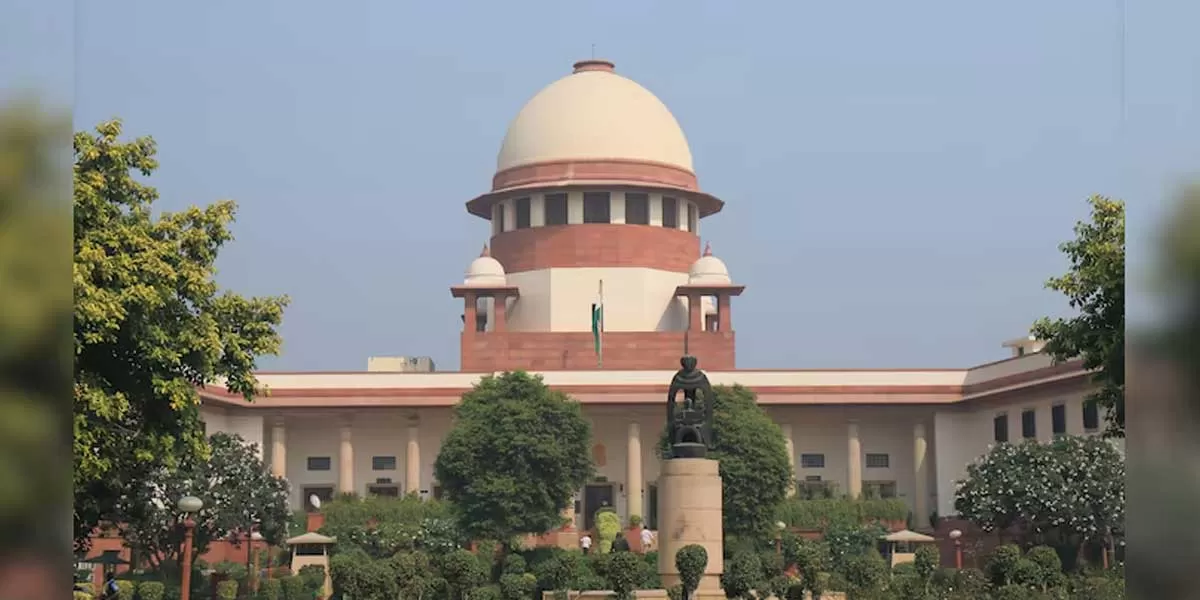
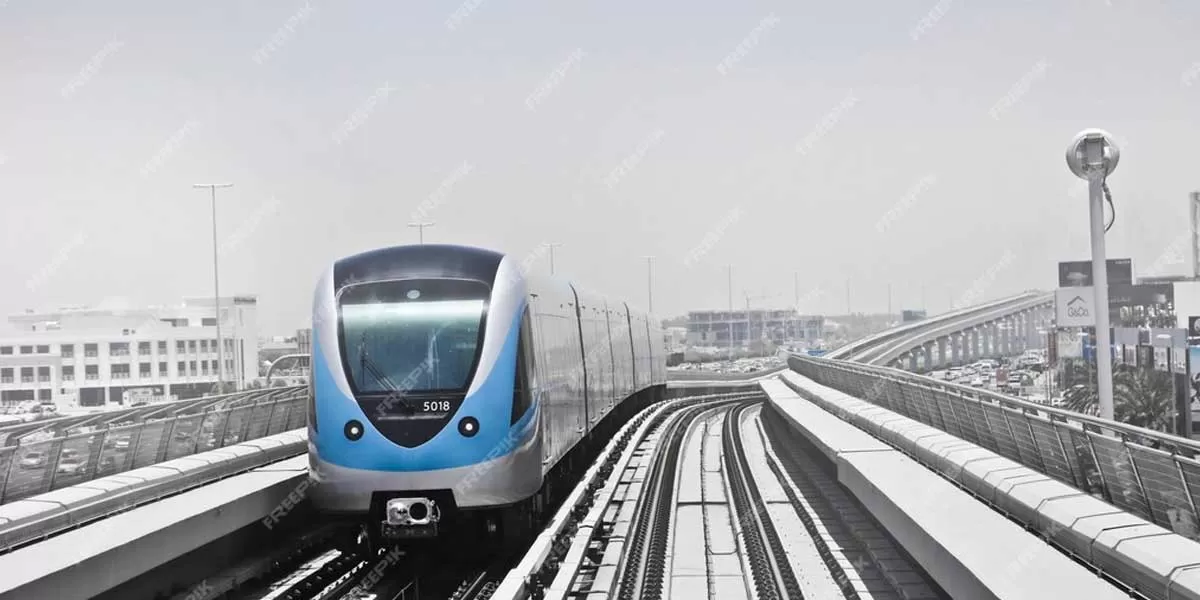
India Set to Unveil First Hydrogen-powered Train
India is preparing to introduce its first hydrogen-fuelled train later this month, marking a significant step toward sustainable and zero-emission transportation. The train has been manufactured by Chennai-based Integral Coach Factory (ICF) as part of the Indian Railways’ green energy initiatives. To accelerate the transition to hydrogen-based rail transport, the Ministry of Railways has allocated Rs 28 billion for the development of 35 hydrogen fuel cell-based trains in the 2023-24 fiscal year. These trains are expected to contribute to India's broader efforts to reduce carbon emissions a..
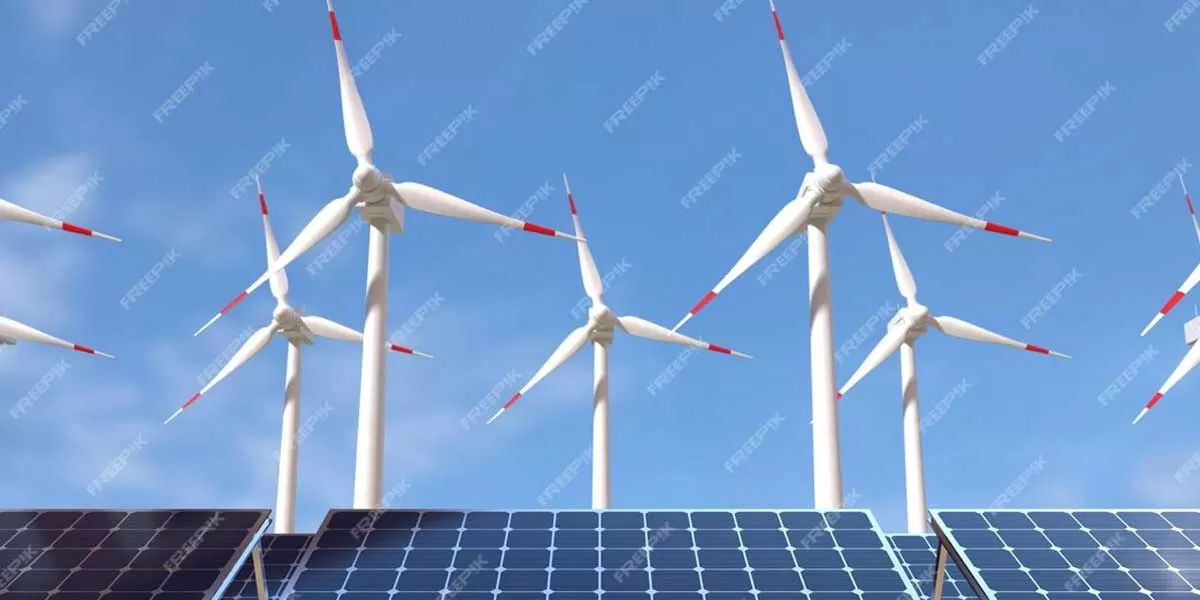
SCCL & RVUNL Ink MoU to Set up 3,100 MW Thermal, Solar Plants in Rajasthan
The Singareni Collieries Company (SCCL) is expanding its business into diversified sectors as part of a joint venture between the Telangana and Rajasthan governments. The company has decided to establish solar and thermal power plants in Rajasthan, with a combined capacity of 3,100 megawatts. This includes 1,500 MW of solar power and a 1,600 MW thermal power plant. A memorandum of understanding (MoU) formalizing this agreement was signed in Jaipur in the presence of government representatives from both states. The MoU was signed by SCCL’s Chairman and Managing Director, along with Rajasthan..
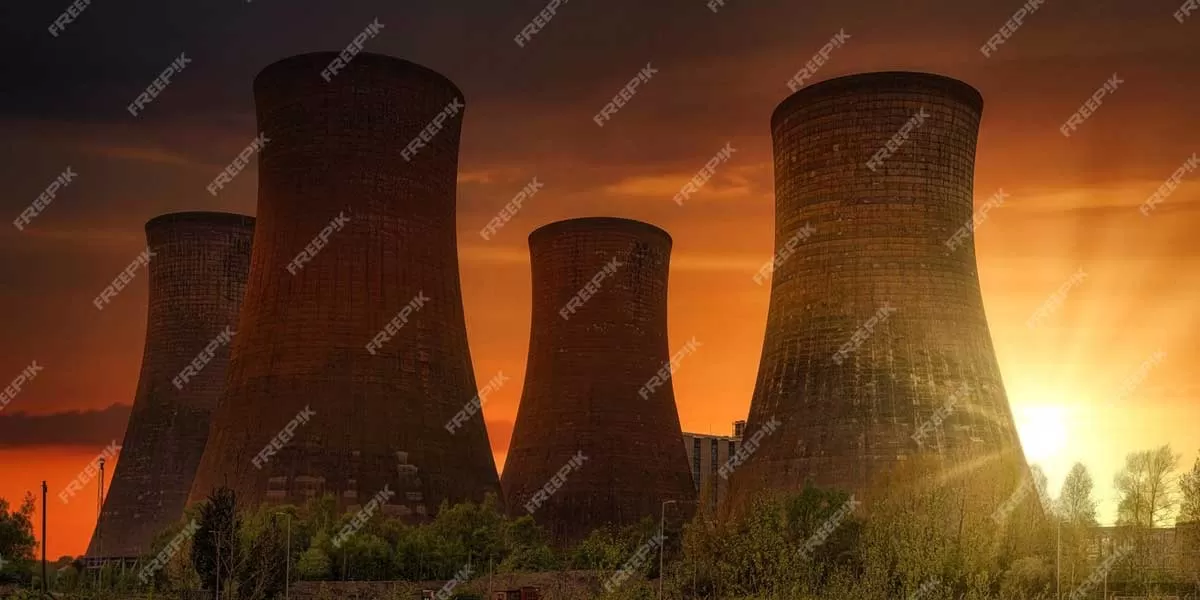
Jindal Power to Acquire Gujarat-based Bhadreshwar Vidyut
Jindal Power is set to acquire Gujarat-based thermal power company Bhadreshwar Vidyut for approximately Rs 5 billion through the corporate insolvency resolution process. The acquisition will strengthen Jindal Power’s presence in Gujarat’s energy sector. The company recently secured approval from the Committee of Creditors (CoC) and has received the Letter of Intent. The final resolution plan is valued at around Rs 4.70 billion, with Jindal Power planning to finance the acquisition through internal accruals. Additionally, an estimated Rs 250-500 million will be allocated for capital expen..








